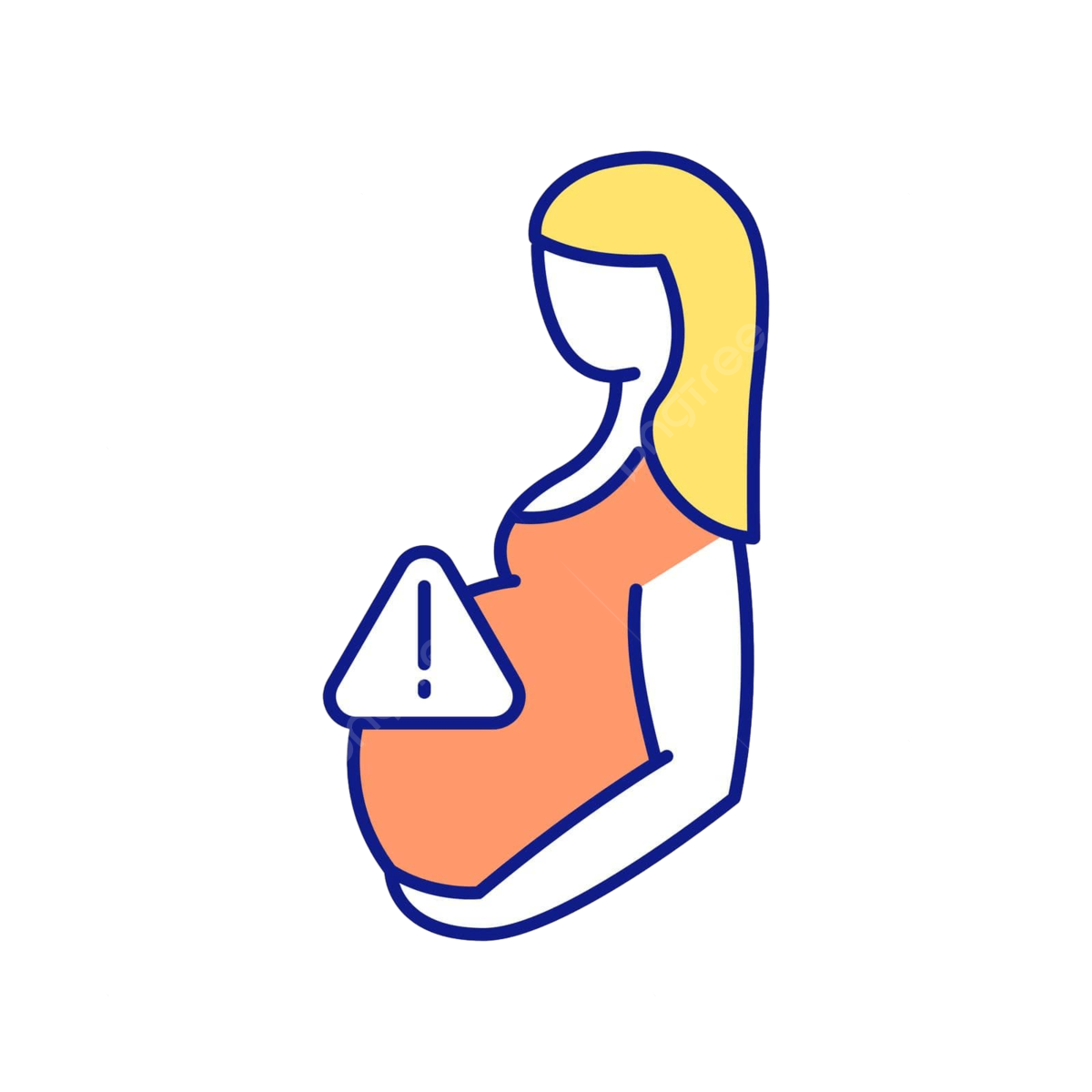Congenital Disorders/Birth Defects

What is a Congenital Disorder?
A congenital disorder is a physical or mental health condition that is present in a person from his/her birth. These conditions are also referred to as birth defects. They can affect the child’s physical appearance and also hurt its intellectual abilities. They typically arise due to genetic or environmental factors.
Even if the condition is not very serious, many people with congenital disorders experience recurrent health problems throughout their lives. Although it may be impossible to prevent birth defects completely, suitable measures can be adopted to reduce the associated risk factors.

How are Congenital Disorders Classified?
- Genetic Diseases
- Malformations
- Fetal Diseases
- Intrauterine Growth Retardation
- Other Disabilities
Types of Congenital Disorders
Structural
These disorders are strictly associated with various body parts. Congenital heart disease, Clubfoot, and Cleft lip or Cleft palate are a few examples.
Developmental
These disorders have an adverse effect on the development of a person’s brain or some body parts. Some examples are Cerebral Palsy, Muscular Dystrophy, and Visual or Hearing impairment.
Structural & Developmental
Disorders such as Down Syndrome and Spina Bifida have both structural and developmental impacts.
What are the Most Common Congenital Disorders?
Congenital Heart Disease
A newborn child may have a dysfunctional valve, abnormal blood vessels, or a hole in the heart. These birth defects are typically detected during regular pregnancy scans or by screening the newborn baby.
Cerebral Palsy
This condition is caused by abnormal brain development that leads to poor balance, stiff muscles, and loss of muscle control. It can be detected during the initial years of the child.
Down Syndrome
This chromosomal abnormality occurs due to a difference in the number or structure of chromosomes. It can be detected through genetic testing during pregnancy.
Cleft Lip and Cleft Palate
This is a common birth defect that occurs when the lip or mouth is not formed properly during fetal development. The child may experience severe difficulties in speaking and eating food after birth.
Sickle Cell Anemia
This genetic disorder occurs due to defective haemoglobin in the body. It turns the healthy red blood cells into a sickle shape and blocks the flow of blood. It can be diagnosed through genetic testing.
Clubfoot
This disorder affects a baby’s bones and muscles in the legs. The Clubfoot is not straight and usually turns, causing the toes to point toward the other leg. It is a hereditary problem that can be detected during pregnancy scanning.
Spina Bifida
The baby’s spinal cord does not develop properly in the womb if it suffers from this birth defect. Both genetic and environmental factors can lead to this condition. It can be diagnosed either during pregnancy or after the child’s birth.
What are the Causes of Congenital Disorders?
Genetic defects
Chromosomal abnormalities
Nutrient deficiencies
Side effects of certain medicines
Exposure to harmful chemicals or substances
Complications arising during pregnancy
Environmental teratogens (i.e. factors causing embryo malformations)
Multi-factorial inheritance, i.e. many risk factors contributing to a birth defect
What are the Signs & Symptoms of Birth Defects?
Certain abnormalities in the internal organs (such as heart or lungs) of the fetus
Abnormal protein levels that can detected through a blood test
Additional fluid secreted behind the neck of the fetus
There are other symptoms evident only after the child’s birth. They include:
Cardiac problems such as irregular beating or a hole in the heart
Moderate to severe difficulty in breathing
Problems in other parts of the body, such as the kidney or the intestine
Weak or deformed spinal cord
Persistent infections
Abnormal physical appearance
Difficulty in feeding the child
Lack of response from the child to visuals or loud noises
The inability of the child to meet its age-specific developmental milestones
How are the Birth Defects Diagnosed?
Blood Test
This can detect any irregularities in the protein levels or free fetal DNA in the mother’s blood
Ultrasound
An ultrasound test checks for the excess fluid in the neck of the developing fetus. This can be a potential sign of chromosomal abnormality or a heart disease. Further, anomaly ultrasound testing may be required to assess the growth of the fetus.
Serum Screening
This is another test that can detect possible chromosomal problems
If the screening test reveals something abnormal during pregnancy, the doctors may recommend a diagnostic procedure. This is also essential in pregnancy complications and high-risk deliveries. A few of the popular diagnostic tests are Fetal MRI, Fetal ECG, and Amniocentesis.
Some of the physical birth defects can be detected immediately after the child is born. A few others, such as cerebral palsy, can be diagnosed later based on the child’s mental state and developmental milestones.
Does Health Insurance in the UAE Cover Congenital Disorders?
- Basic Health Insurance Plans: Most basic health insurance plans in the UAE, especially those provided by employers, usually do not cover congenital disorders. These plans are designed to cover essential health services but often exclude congenital and pre-existing conditions.
- Comprehensive Health Insurance Plans: Some comprehensive health insurance policies might provide partial or limited coverage for congenital disorders, but this largely depends on the insurer and the specific plan details. Factors such as the nature of the disorder, when it was diagnosed, and policy clauses will influence the extent of coverage.
- Optional Add-Ons and Enhanced Coverage: Many insurers offer optional add-ons or enhanced benefits that can cover congenital disorders, though these usually come with higher premiums. It’s advisable to look into these options if congenital coverage is a priority.
- Government Regulations: In Dubai and Abu Dhabi, health insurance regulations set by the government may affect the scope of coverage. However, the inclusion of congenital disorders remains at the discretion of the insurer and the chosen plan’s specifics.
- Coverage for Children: Health insurance plans for children may offer some level of coverage for congenital conditions, but these benefits are often capped or subject to certain exclusions.
FAQ's about Congenital Disorders
Does maternity cover in health insurance include congenital disorders for newborns?
Maternity coverage in health insurance usually focuses on expenses related to pregnancy, childbirth, and newborn care but does not automatically cover congenital disorders in the newborn. Coverage for congenital conditions depends on the specifics of the health insurance policy and the insurer. some comprehensive plans may include or offer optional riders for congenital disorders.
Can congenital disorders be detected before birth?
Yes, many congenital disorders can be detected during pregnancy through prenatal screening tests like ultrasounds, blood tests, and genetic testing. Early detection helps parents and doctors plan appropriate care and interventions to manage the condition from birth.
Can congenital disorders be prevented?
A wide range of factors, including genetic and environmental causes, can result in birth defects or congenital disorders. Many of them are beyond our control and cannot be prevented. Here, the risk factors can be alleviated by taking suitable measures. However, a few congenital disorders can be prevented by adopting a healthy lifestyle, taking health supplements, and avoiding exposure to hazardous substances.
What treatments are prescribed for treating congenital disorders?
The treatments for congenital treatments are not fixed. They generally vary based on the nature of the symptoms and disease. The treatments include medicines, therapies, and surgeries.
What is newborn screening, and why is it necessary?
Doctors can undertake a medical examination of newborn babies after a few days of birth to detect potential anomalies in the blood, heart, chromosomes, hearing, and sight. This procedure is called newborn screening. This helps to detect the problems early and prevent them from becoming serious or life-threatening.
Disclaimer: The health insurance policies cover may differ among insurance companies and depend on your chosen health coverage plans. Before making any decisions, it’s crucial to read the policy wording carefully.






